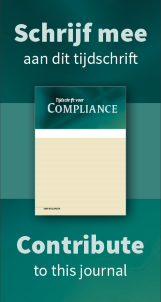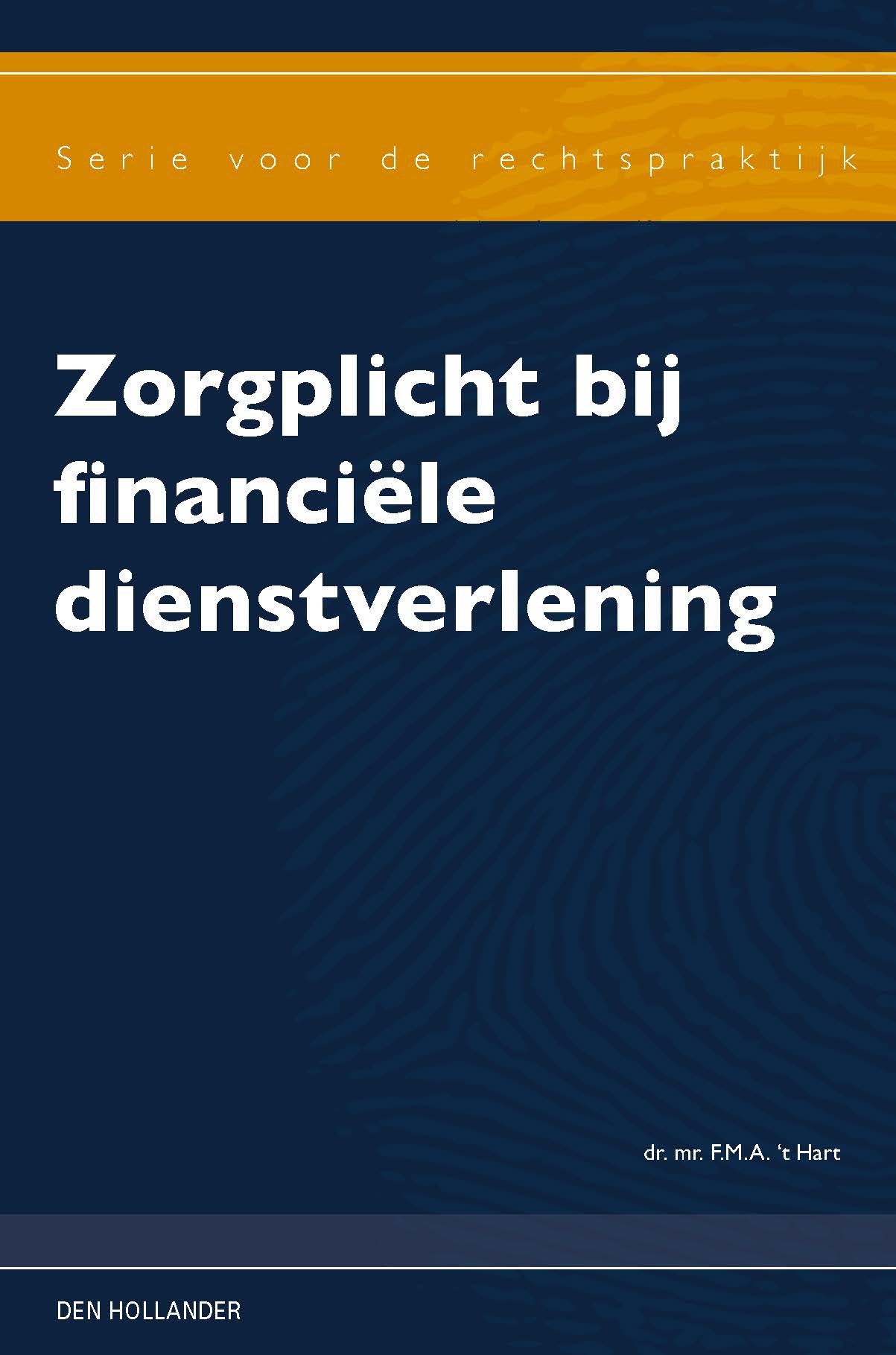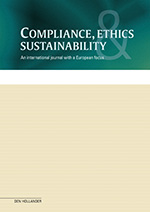Before you lies the fifth edition of the Compliance, Ethics & Sustainability Journal in 2023. The theme of this edition is 'Sanctions & Export Controls’. Embargoes were first recorded in 433/432 BC. Sponsored by the politician and general, Pericles, the Athenian Empire issued a trade embargo on Megara, its neighbour, who had violated sacred land some years earlier. The blockade also referred to as the Megarian Decree was intended to punish Megara. Since then, embargoes have been used as a means of economic warfare. A very current topic is the expansion of Russia... ...lees meer
Jan Dunin-Wasowicz1Companies in the European Union ("EU”) stand at the forefront of implementing EU restrictive measures (broadly speaking, sanctions) and are the first line of defence against those trying to evade or circumvent them. Although entities subject to EU law (EU operators) have borne that responsibility ever since the EU began to adopt sanctions, the measures introduced following Russia’s full-scale invasion of Ukraine and the complexities of today’s tumultuous world have significantly increased that burden. Today, EU operators must navigate a dynamic sanctions environment frau... abonneren of dit artikel kopen.
Lior Delfassy1Since the outbreak of the war in Ukraine, many Russian oligarchs have been targeted by European and U.S. sanctions. Both regimes create similar obligations, but do not have the same reach. For historical reasons, European asset freeze measures extend to assets or entities that are controlled by designated persons. U.S. authorities have taken a pragmatic stance with a clear-cut 50%-ownership rule to extend asset freeze. The responsibility of identifying concealed assets is therefore shared: authorities gather intelligence on potential control and operators may rely on registered ownershi... abonneren of dit artikel kopen.
Aziz Rahman, Angelika Hellweger and Zulfi Meerza1This article outlines UK and European law relating to sanctions. Explained are the legal framework, the offences and the penalties that can be imposed, how the law is enforced by the relevant authorities, and how best to respond to the prospect of a sanctions-related investigation. 1. Introduction There is little doubt that the issue of sanctions has come to increasing prominence in the wake of Russia’s 2022 invasion of Ukraine. As a result, the sanctions landscape has undergone change, with increased enforcement activity. As sanctions can... abonneren of dit artikel kopen.
Arend Koper1For many years, the Dutch Financial Industry’s risk assessments related to financial economic crime (FEC) are dominated by scenarios involving money laundering (ML) and terrorism financing (FT) risks. In general, less attention has been paid to the various sanctions related risks Dutch financial institutions are exposed to. Russia's war of aggression against Ukraine and the illegal annexation of Ukraine's Donetsk, Luhansk, Zaporizhzhia and Kherson regions has significantly changed this. However, a recent publication of De Nederlandsche Bank (DNB) concerning the ‘results of DNB’s examinat... abonneren of dit artikel kopen.
Frederik van Essen and Herman Annink1The Netherlands' intention to join the Agreement on the Control of Arms Exports between France, Germany, and Spain In July 2023 the Dutch government announced its intention to join the multilateral Agreement on the Control of Arms Exports between France, Germany, and Spain. The letter carrying the announcement simultaneously repealed the existing Dutch presumption of denial policy regarding arms exports to Saudi-Arabia, Turkey, and the United Arab Emirates. This article analyses these developments within the broader framework of the Netherlands and EU arms export ... abonneren of dit artikel kopen.
Matthew Worby1One of the most significant impacts for businesses of the Russian invasion of Ukraine in 2022 was the expansion of the sanctions (financial and trade) and export controls regimes of the US, EU, UK, and other Western states. This expansion included the imposition of restrictions on products and services which historically had never been particularly restricted. The subsequent enforcement risk has greatly complicated companies' ability to conduct international business.These increased risks require improved compliance efforts. Most companies have never faced a... abonneren of dit artikel kopen.
Amir Fadavi and Elizabeth Severinovskaya1The financial technology, or "fintech" sector has grown dramatically in recent years.[2] The number of new fintechs increased by more than 70% globally between 2019 and 2020 as the COVID-19 pandemic hastened technology adoption.[3] With this rapid rise in technological innovation, sanctions compliance officers are encountering novel challenges which are exacerbated both by 1) the inherent features of fintech solutions, such as reduced customer friction, seemingly borderless payments, and a reliance on a complex network of underlying financial partners; and 2) an increasingly unstable ge... abonneren of dit artikel kopen.





 RSS
RSS